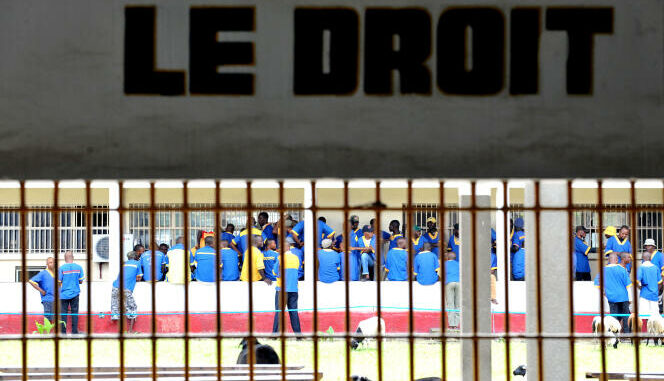
Democratic Republic of Congo (DRC) has ended a moratorium on the death penalty to address violence and militant activity, as announced by the justice ministry in a statement released on Friday.
The statement, issued earlier this week, highlighted that the moratorium, in place since 2003, allowed individuals accused of treason and espionage to evade proper punishment. The eastern region of Congo has long been plagued by conflict involving over 120 armed groups vying for control and resources, often leading to widespread terror and displacement among communities.
The government cited the persistent violence in the east, causing recurrent conflict and a surge in attacks, as the rationale behind lifting the moratorium. In particular, the M23 rebel group, reportedly linked to neighboring Rwanda, has continued to launch assaults, resulting in the displacement of many residents to Goma, the largest city in the region. With approximately half of North Kivu province under its control, M23 has intensified its attacks, often utilizing bombs from hilltops overlooking remote towns. According to the justice ministry, the death penalty will now apply to various offenses, including involvement in criminal activities, armed groups, insurrection, treason, and war crimes, extending to military personnel who rebel or defect to enemy forces.
However, human rights organizations have criticized the decision, denouncing it as regressive and contrary to constitutional principles. Jean-Claude Katende, president of the African Association for Human Rights, expressed opposition, stating that resorting to capital punishment is not an appropriate means to restore order.
